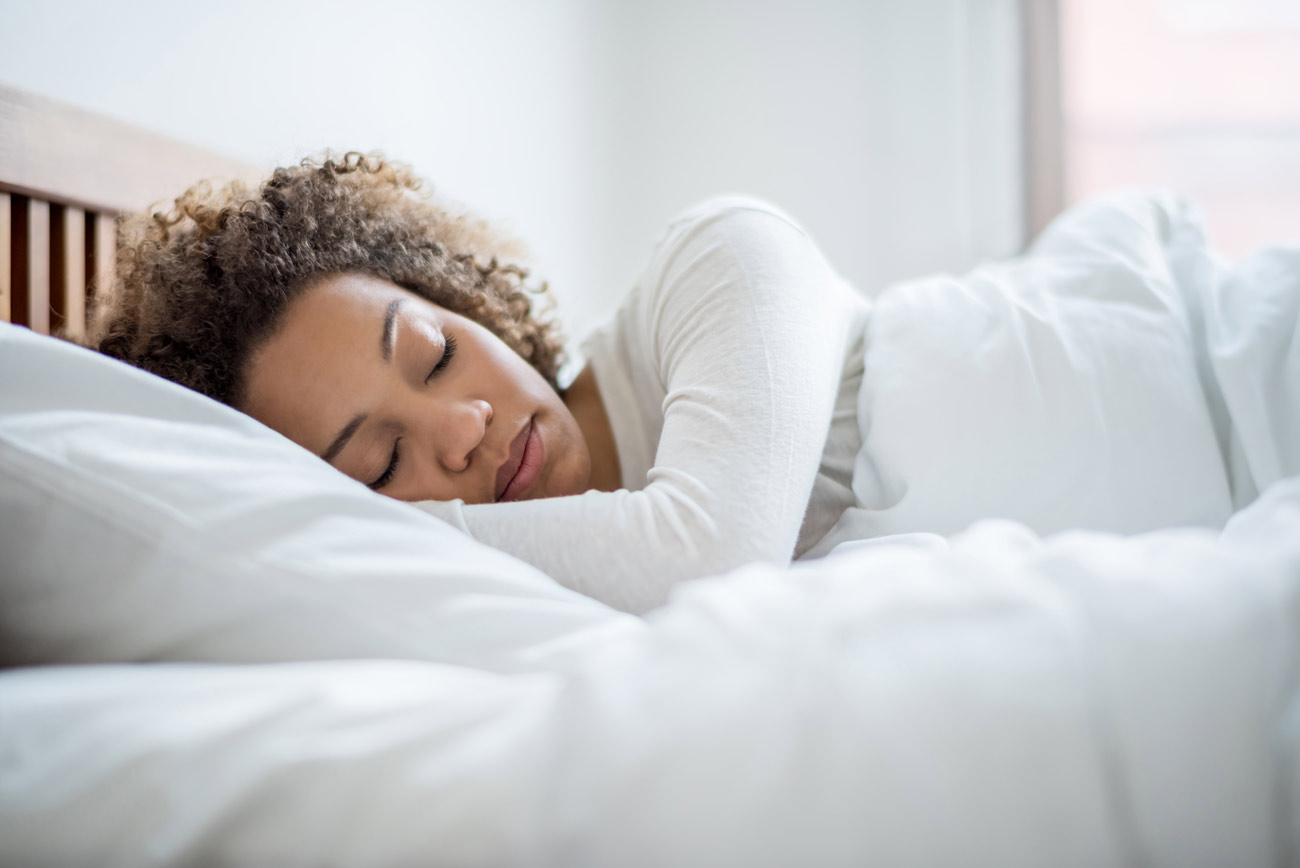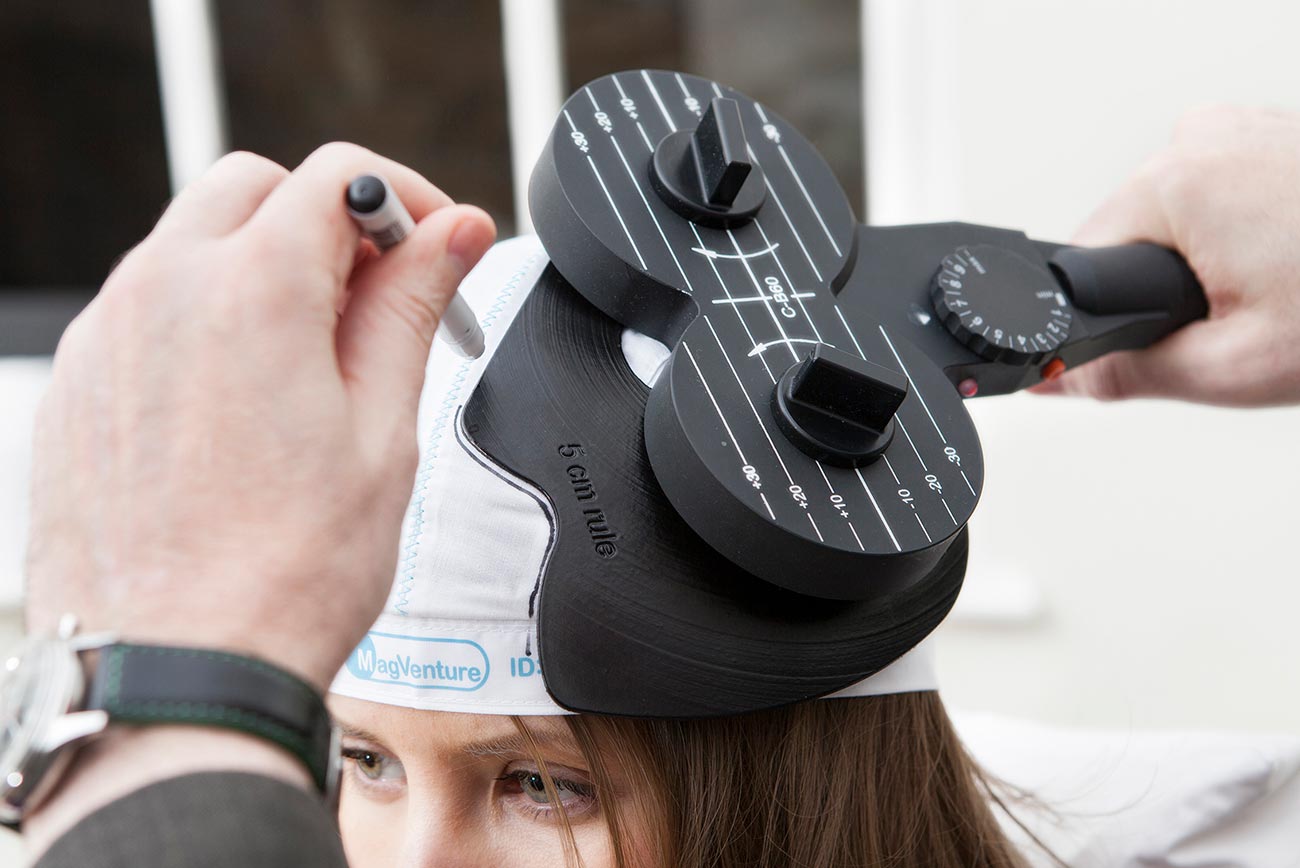We know exercise is great for the body – it makes the heart stronger, it helps improve your bones and joints, and also lowers your risk of certain illnesses like heart disease and diabetes. But how about using exercise for mental health? Exercise is a really effective tool for helping to improve mood and mental wellbeing. ...
The impact of social media on mental health is a controversial topic and has garnered much media attention in recent months. We sat down with Dr Rafael Euba, one of our Consultant Psychiatrists here at The London Psychiatry Centre to ask: Is social media bad for your mental health? ...
Demands on professionals in the City are at an all time high. A high pressure career comes hand in hand with increased risk of mental illness like depression and anxiety. If you work in London, in the City, perhaps one of the best things you could do for your health is familiarise yourself with depression symptoms and be prepared to face the question: Am I depressed? ...
Having a baby can be an incredibly joyous time, however planning a pregnancy with a mental health condition requires careful preparation and extra considerations. Medications may need to be adjusted, and a sudden lack of sleep combined with fluctuating hormones and new stresses can influence your mental state and even trigger mental health problems. ...
How to make yourself happier in under a minute. It may sound too good to be true, but research has shown that there are a number of strategies you can implement that can increase your happiness. Busy lifestyles, stressful jobs, the pressures of modern day life – there’s a lot that demands focus in our lives. Why not take a moment to focus on yourself and boost your mood?...
If you’ve been feeling low for a prolonged period of time after the birth of your baby, you could have postnatal depression. This is a type of depression that, not only mothers but fathers and partners can experience too. Unfortunately, postnatal depression often goes unreported and many suffer in silence. To raise awareness of the illness and the help that’s available, we sat down with one of our Consultant Psychiatrists, Dr Rafael Euba, to ask him some of the most common questions about postnatal depression. ...
It’s not unusual to experience the odd night where it’s difficult to fall or stay asleep, but the inability to sleep for an extended period of time is called insomnia. It is thought that around a third of Brits will have insomnia at some point in their lives. Sleep and mental health are closely linked; not getting enough sleep leads to fatigue and reduced quality of life which in turn can have an influence on your mental wellbeing. If you already suffer with anxiety or depression, sleep deprivation can prove particularly difficult....
If you’re one of the 8.2 million people in the UK who suffers from depression and anxiety each year you’ll know coping with anxiety at Christmas can be exhausting. Knowing how to manage anxiety at Christmas can help to reduce stress and make you feel more able to cope. Here, Dr Panihhidina outlines ways to cope with anxiety this Christmas....
Ever wondered how to improve your mental health? We are living in a world where 2 in 3 people experience a mental health problem in their lifetime. Mental and substance use disorders are the leading cause of disability worldwide, and approximately 800,000 people die by suicide every year. So finding ways to improve your mental wellbeing can be incredibly beneficial. ...
Millions could benefit from bipolar breakthrough #Worldfirst. The lives of millions of bipolar sufferers around the world are about to change forever as The London Psychiatry Centre announced in Cape Town a brand-new discovery in the treatment of the crippling illness....












